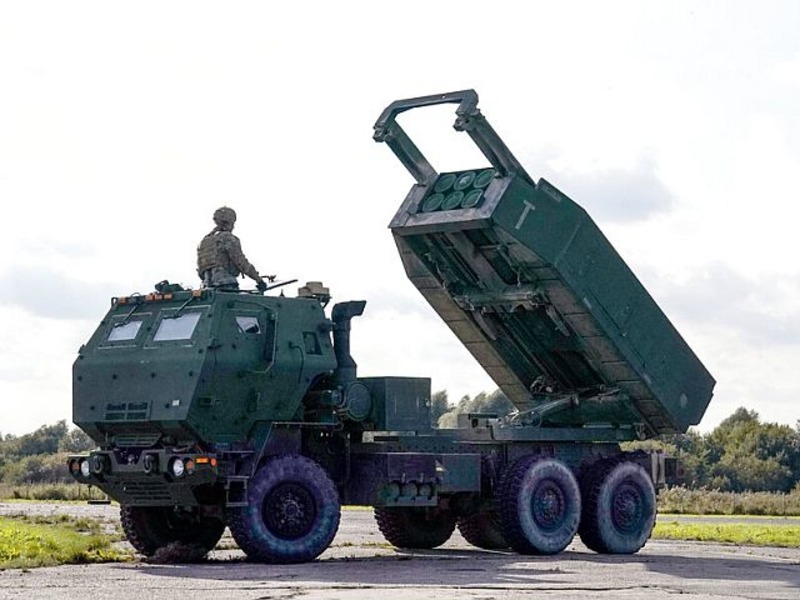On the night of October 16, the Russian Aerospace Forces conducted another attack on the energy infrastructure of Ukraine. In particular, the Russians used 12 Shahed-136/131 attack drones, 6 X-59 aviation missiles, and 1 Iskander-M ballistic missile.
Additionally, there was shelling of the front-line territories using S-300 ballistic missiles. The air defense systems managed to destroy 11 out of 12 drones and 2 out of 6 X-59 missiles. This attack tested the level of protection of the energy infrastructure in the central and southeastern regions of Ukraine — the missiles and drones constantly changed their trajectory, trying to identify the location of the air defense systems and deplete their ammunition.
The recent combined attack using missiles and drones indicates that Russia will soon intensify its strikes on Ukrainian energy infrastructure. Despite the excellent work of the air defense systems, the falling debris from the missiles led to the destruction of civilian infrastructure in the Poltava region and damage to power grids in the Dnipropetrovsk region. The tactics of the Russians have somewhat changed: they are trying to cause as much destruction as possible to the Ukrainian infrastructure using the proximity factor. In particular, the majority of strikes occur in the front-line and border territories of Ukraine, confirming this trend. For example, Russia frequently uses S-300 ballistic missiles in the territories of Donetsk, Dnipropetrovsk, and Mykolaiv regions, which are located at a short distance from the front line. It does not seem possible to intercept such missiles considering their characteristics and close proximity. Consequently, there is a need to eliminate the firing positions of the Russians located in the occupied territories of Ukraine. For this purpose, long-range missiles, destroyers, and heavy artillery are required to conduct counter-battery warfare.
It is projected that Russia will escalate the terror on Ukraine’s energy infrastructure with the onset of severe cold. If the frosts are severe, Ukrainians will experience the most difficult winter in the history of their independence: the lives of tens of thousands of people and the functioning of critical infrastructure will depend on the air defense systems. The Russian Aerospace Forces are accumulating reserves of various types of missiles: the relatively infrequent use of cruise missiles indicates that Putin is preparing for massive strikes on Ukrainian cities in the upcoming winter. In this regard, the West can make an invaluable contribution: a deep-layered air defense system must be created around every major city in Ukraine, which would prevent the genocide of peaceful civilians.

